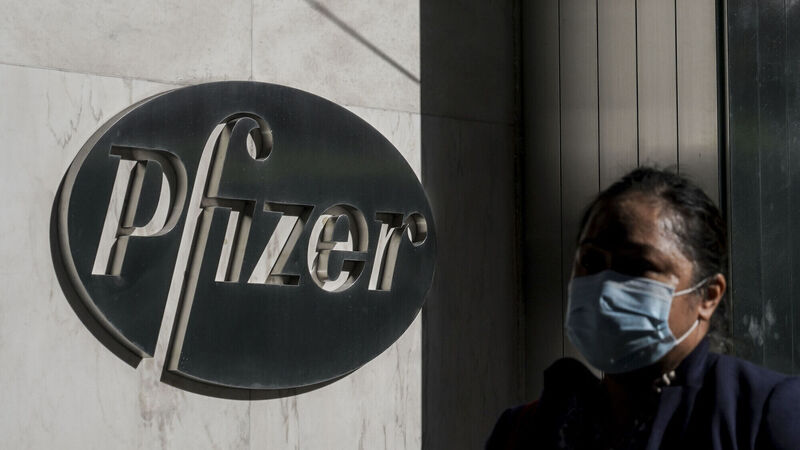Jim Power: Vaccine news offers cautious optimism

Pfizer's apparent vaccine breakthrough should be cause for "cautious, rather than wild, optimism".
Over recent months, when asked about my prognostications for the Irish economy, I have consistently responded that for the foreseeable future the path of the economy would be determined by the fundamentals of epidemiology rather than the fundamentals of economics.
Since March, the economy has been in various degrees of lockdown, and this is now clearly the strategy of our health experts for as long as the virus remains a threat.











